10 best parenting books for the parent focused on positive parenting, facilitating connection, positive parent-child relationships, understanding the developing child’s brain, gentle parenting, science backed parenting books & help with positive discipline of tiny humans. These top parenting books written by parenting specialists and psychologists with extensive research into a child’s development.

10 Best Parenting Books to Guide You Through All the Years of Raising Children
I’m a researcher by nature and when something is off in our house, I have my small stack of parenting books I turn to for advice.
I honestly believe, and in my experience have found, most parenting issues we come up against, often lead back to ourselves and towards a snag in our own parentage.
We want to help and shape our children, but stuff of our own comes up and often gets in the way.
Amiright?
The very best parenting books, once you sort through the ones that give up a top ten list or checklist of how to make things right in 45 “simple” steps, actually remind us how complicated parenting is.
What our children need most is our presence, forgiveness, kindness, willingness to listen instead of take a knee-jerk approach.
The hardest part?
Is realizing you must first of all, be these things for yourself in order to help you child and the situation when it presents itself.
That can be a tough pill to swallow, I know.
Ask yourself…
- Am I always king to myself?
- Am I always forgiving of myself?
- Am I always listening to my needs or do I ignore them?
- Do I rush to judge myself or do I extend grace?
- Is this challenge a moment for reflection and learning?
- Am I asking myself, what’s really going on with my emotions under the surface instead of taking the situation as it’s presented?
These are some of the best of the best parenting books that have through a decade of parenting, helped me refocus on keeping a positive connection with each of my children, help to facilitate growth in myself and with our family, and have giving me an science-backed understanding of both my children’s behavior and my own.
These positive parenting books have helped me gain invaluable insight to children’s developing brains and therefor I’m abel to understand their actions from the perception of my child, not as an adult which is invaluable to being empathetic and forgiving.
These methods of gentle parenting are wonderful for positive discipline, teaching children boundaries without shaming or harsh consequences.
They’ve given me many practical strategies to keep in my parenting index for all different types of situations
These parenting books have helped be a parent’s guide to:
- Be a calmer parent
- Expand my patience
- Learn how to respond with empathy to an explosive child
- Give appropriate and better choices to my kids, even when disciplining, and curbs my immediate reactions of responding harshly
- Deal with my own parenting anxiety
- Boost my children’s confidence and sees their need for independence
- Give me a new approach to different challenges
- Understand brain development through all ages and stages
- Connect with my three children, even in the midst of discipline
- Help my children talk about emotions and guide them to communicate their feelings better so we’re all on the same page
- Be aware of my personal triggers so I don’t place my own baggage on the kids in times of stress, overwhelm or frustration
- Remain calm and keep a peaceful home even during a tantrum or “kid crisis” when this can draw out my own stressful reaction
- Effective conflict resolution
- Change the lens of how I see the world, which is different than my instilled childhood lens of life.
What to Do When Traditional Parenting Tools Don’t Work
“Traditional” parenting tools don’t work with my strong-willed son and he pushes me often to stretch myself as his Mom and rise to meet his unique nature and needs.
I always say that my son was born to me, to help me grow as a person. Many, many lessons later, these parenting books have become a staple largely because his love language is different than all my other children and he needs different communication and discipline tools.
When things begin to bubble up in our house and I need help or a refresher, these 10 books are the best parenting books around, at least in my experience and as a practitioner who sees many parents with children dealing with various circumstances of their own.
These books follow positive parenting methods and take a heart-centered approach to raising a happy family and being a connected, calm Mama, but are science-backed and not just full of fluff.
I can’t say enough good things about these books,
I hope they help you in your parenting journey as much as they’ve helped me along mine. These are my favorite, and the best parenting books to take you on your journey.
10 Best Parenting Books & Must-Read Parenting Book for New Parents
1. Positive Discipline
Positive Discipline is a positive parenting principle focused on having mutual respect and positive guidance. It focuses on seeing learning opportunities instead of punishing mistakes.
Nelsen coaches parents and teachers to be both firm and kind, so that any child–from a three-year-old toddler to a rebellious teenager–can learn creative cooperation and self-discipline with no loss of dignity or feeling shame.
I love the practical advice for handling sibling rivalry and having respectful communication.
2. The Whole Brained Child
This national bestseller parenting book is one you’re going to wonder why you didn’t read sooner. It backs everything up with neuroscience – knowing which parts of the brain are activated mid-tantrum or during anger, for example, can help you navigate how you respond or confront them.
Here are some takeaways:
- When your child gets upset, you should use empathy to make headway by connecting right brain to right brain. Then, once they are more receptive, you can redirect to the left brain by involving the child to make amends and find a solution, on their own or together.
- When your child gets upset, the upstairs part of the brain (the part where they can make decisions, have self-control and show empathy) is not available. Therefore, in order to connect, you need to wait for your child to calm down or help them calm down, before you try to rationalize with them.
Pair The Whole-Brain Child with Daniel Siegel’s other book, No-Drama Discipline and you’ll have a better road map to handling tantrums, outbursts, back talk and the challenging toddler years and beyond as your kids move from toddlerhood to school age years and beyond.
3. The Gift of Failure
The Gift of Failure focuses on the critical school years when parents need to take a step back and allow their children to experience the disappointment and frustration that occur from life’s inevitable problems so that they can grow up to be successful, resilient, and self-reliant adults.
When kids experience failure, it gives them the opportunity to learn to solve their own problems in a safe and supportive environment.
Especially today in the modern (and entitled world) world where studies show grow adults are unprepared for the world and their parents still do laundry, cook, clean and schedule appointments for them… this is practical and important advice to helping your child grow up to live in a world where they can navigate it confidently on their own. I promise your children will be grateful kids if you use even a fraction of the advice in this book.
Lacey gives you a comprehensive guide with advice for how to handle homework, report cards, social dynamics, and sports. Most importantly, she sets forth a plan to help parents learn to step back and embrace their children’s failures, as hard as that may be for you to do, you’ll soon see how important it is.
4. All Joy and No Fun
Sure, parenting books are usually about parenting your children, but this book takes the focus away from kids and put it right back onto the parents.
New York magazine writer Jennifer Senior looks at the many ways in which having children reshape their parents’ lives, whether it changes a marriage, their jobs, their habits, their hobbies, their friendships, or their internal senses of self.
Senior writes in All Joy and No Fun of the ‘experiencing self’ vs the ‘remembering self’, and this notion can be freeing for many parents; liberating you from the constant parenting guilt of sacrificing yourself and your time for your child. Raising good humans means to be a good human.
In the end, Senior writes, “Mothering and fathering aren’t just things we do. Being a mother or being a father is who we are.”
5. Raising Your Spirited Child
I have to include this parenting book on my list of best parenting books because it’s gotten me through a couple of intense years with my son, who, bless his heart, rises to every challenge and pushes me further than anyone in my lifetime ever has. He was never the happiest baby, but he’s still the strongest willed and most spirited one!
Raising Your Spirited Child is a helpful parenting book for anyone with a child who is just a little bit more and likes to test your resolve and patience.
It’s all about practical parenting strategies to handle big emotions, inflexible children, big temperaments and big situations. The book talks about the intensity of parenting a spirited child affects the way you parent, but how to keep from being discouraged with the intensity of your relationship.
Full of positive language and perspective, it helps you see your child as not stubborn, but tenacious.
6. Transforming the Difficult Child: A Heart Nurtured Approach
My copy of this book has worn edges and a torn cover, if that says anything about how many times I’ve read and re-read all the helpful information inside for my intense son.
The book, Transforming the Difficult Child is a must-read for parents with intense children (and all children, shapes, forms and types) as as way to help treat children labeled as difficult, or challenging, including children with ADHD, by giving you strategies to help them channel their energies in inspiring ways – always with love and hugs at the core.
You’ll have actionable ways to shift negative behavior, build upon your relationship and help your child thrive.
7. No Bad Kids
Lansbury’s approach to parenting and handling difficult situations, is that we should treat children with respect, and, whenever possible, do our best to meet them where they are. She uses respectful and caring responses to handle situations and doesn’t use the time out approach.
As the title of her book suggests, everything she offers is to avoid shaming your child. No Bad Kids will teach that lectures, emotional reactions, scolding and punishments do not give our toddler the clarity he needs, and can create guilt and shame, but gives you real-life examples of what to do instead.
The book covers such common topics as punishment, cooperation, boundaries, testing, tantrums, hitting, and more. It’s a helpful guide for the critical years when toddlers are developmentally obliged to test the limits of our patience and love. Use the tools to help your child develop and increase their own self-confidence from the inside out.
 8. Parenting from the Inside Out
8. Parenting from the Inside Out
Child psychiatrist Daniel J. Siegel, M.D., explains the extent to which our childhood experiences shape the way we parent, no matter how much we want to deny it does. Even for those who have had an wonderful childhood, they may still have unresolved issues preventing them from optimal parenting.
Parenting from the inside Out uses neuroscience findings and attachment researches to help parents make sense of their life stories, and deal with day-to-day struggles in better ways. It’s an essential guide with age-appropriate strategies to everyday challenges and also shows you how “brain integration” can help children grow and thrive.
9. Peaceful Parent, Happy Kids
Dr. Laura Markham is one of the most popular and recommended parenting experts out there. Her book, Peaceful Parent, Happy Kids helps parents understand the importance of having a strong connection with their toddler and focuses on problem-solving and not punishment.
Markham talks about how the parent’s mental state greatly affects their children. For example, if you yell at your child, expect that your child will yell. If you want to have calm, respectful and kind children, they learn this from their parents and you need to work on yourself first.
The book will walk you through many common parenting situations such as your toddler not listening or following directions and simple steps like creating a predictable routine. You’ll have a better understanding of children’s behavior and what’s going on inside, so you can forge a strong connection for better behavior in the future.
10. How to Talk So Kids Will Listen & Listen So Kids Will Talk
This was by far one of the most recommended parenting books by both friends and parenting experts, and one book I still reference often.
The focus of the book is how parents can show empathy towards their child(red) by listening to them, and then validating their feelings. It gives you example after example of how to use language that will help you better communicate with your kids, so when you speak, they listen (and you don’t yell or have to repeat yourself 2.3 million times.)
It’s all about using gentle solutions to deal with behavior and discipline problems in a calm way.
You Might Like…
- How to Create a Positive Home (And Why this Will Affect Your Kids Forever)
- Positive Parenting Strategy: The Key to Connection Can be Found in the Child Ego State
- Positive Parenting: How to Use Positive Discipline Effectively
- Positive Parenting: What it is & What it isn’t
- 9 Ways to Boost Your Child’s Confidence
- Ways to Develop an Emotionally Intelligent Child Who Understands Their Emotions
Want even more?
Shop All Parenting Resources
Shop all of our parenting resources from self-regulation tools and managing big emotions to building self esteem and confidence. There are resources for all seasons of life!
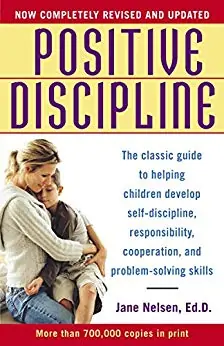


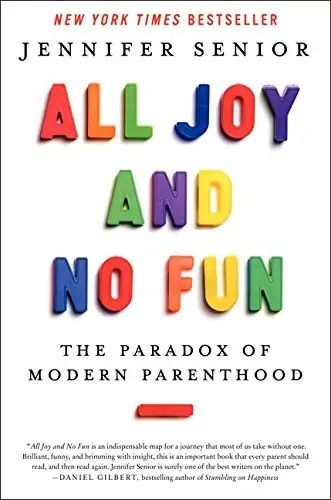



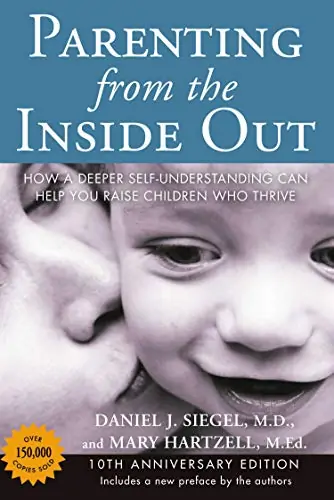


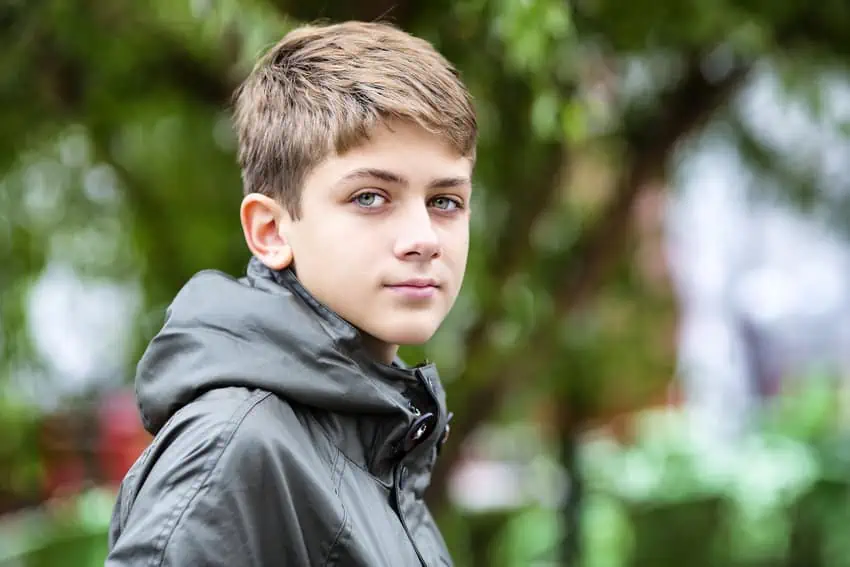

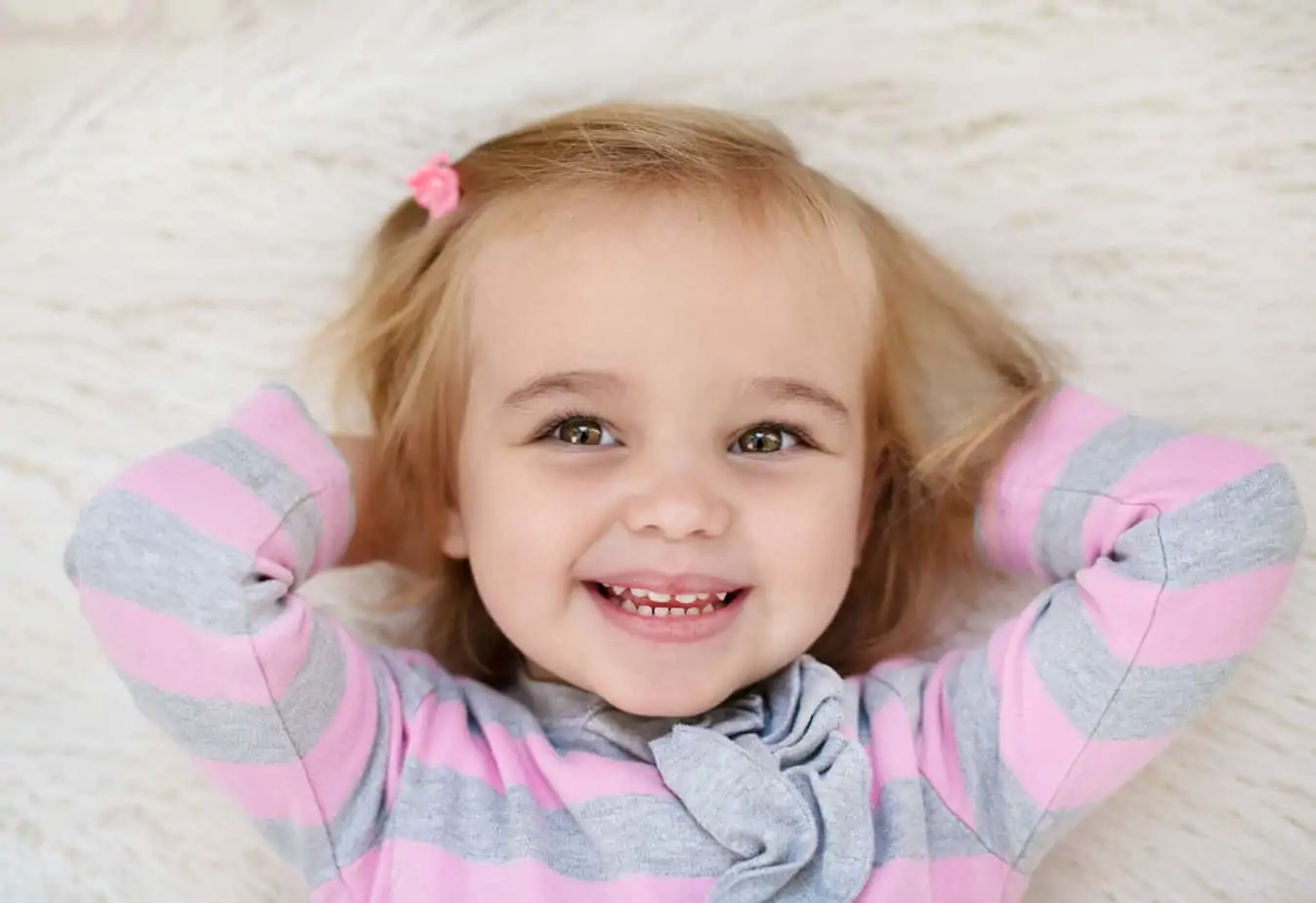
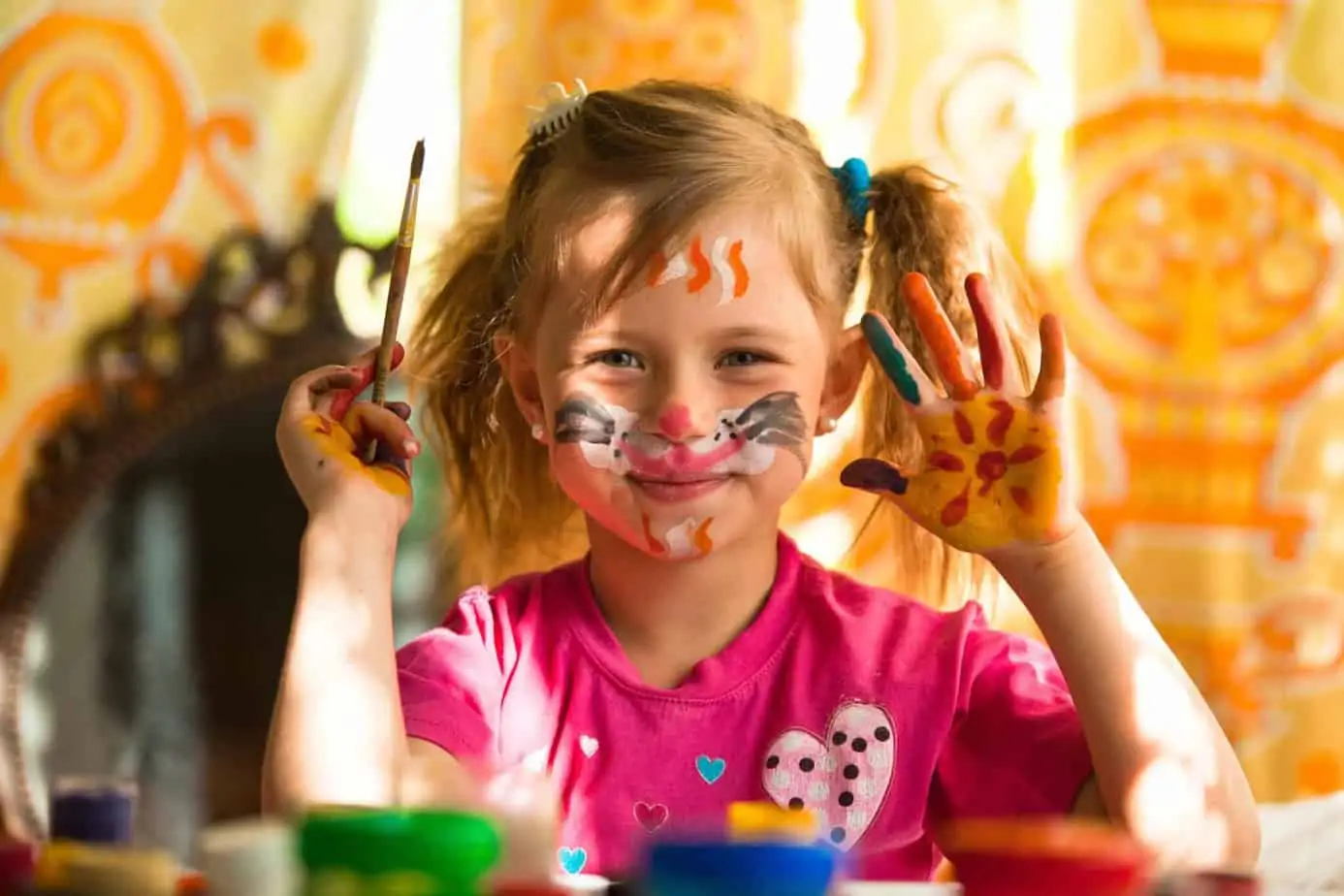
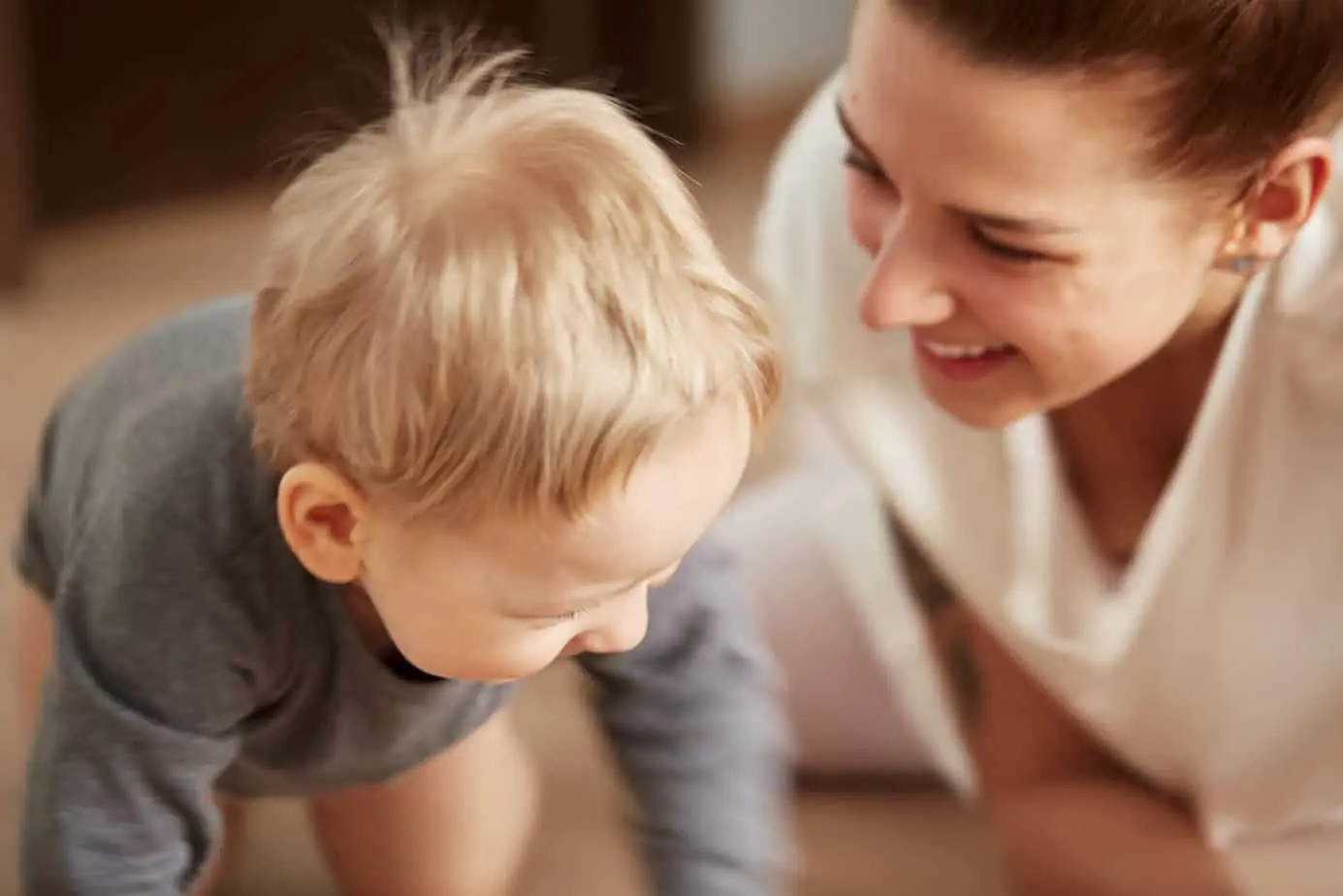
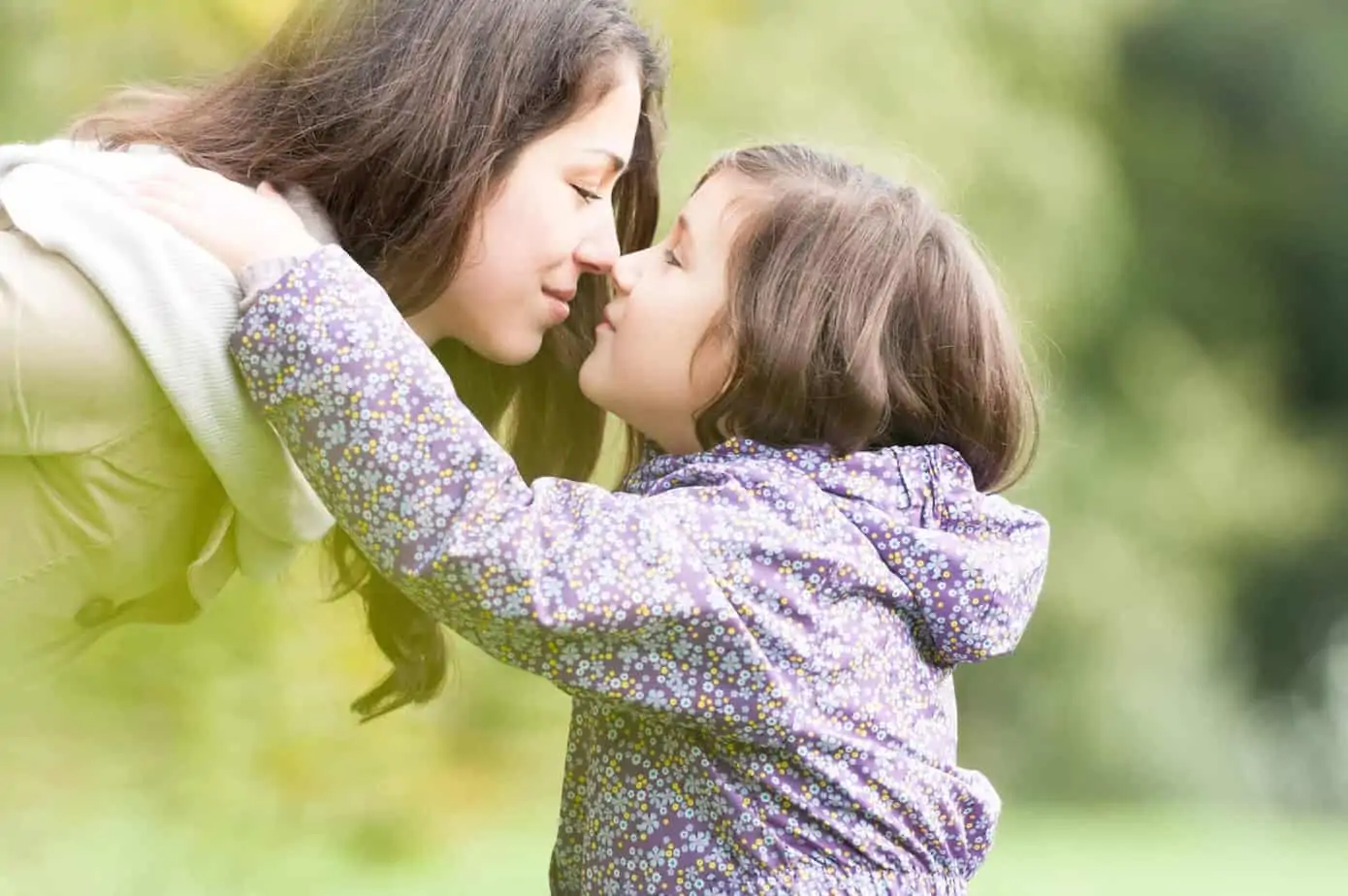

I’m a mother of an 11,9 and 5. They don’t listen when I say clean up or do your chores.
I’m also not very patient so I tend to yelling a lot.
What book should I read to help us all out so we don’t yell, fight and complain all the time.
If you’re more into the science/development side of things, I loved reading the Whole Brain Child. I felt like it thoroughly explained the “why” behind many common behaviors.
For a less science/brain based approach, I like Peaceful Parent, Happy Kids
“Listen” by Patty Wipfler is on my top ten list. I love the ones on your list too!
I’m so excited to read these books! They sound like they will be really helpful in raising positive children.